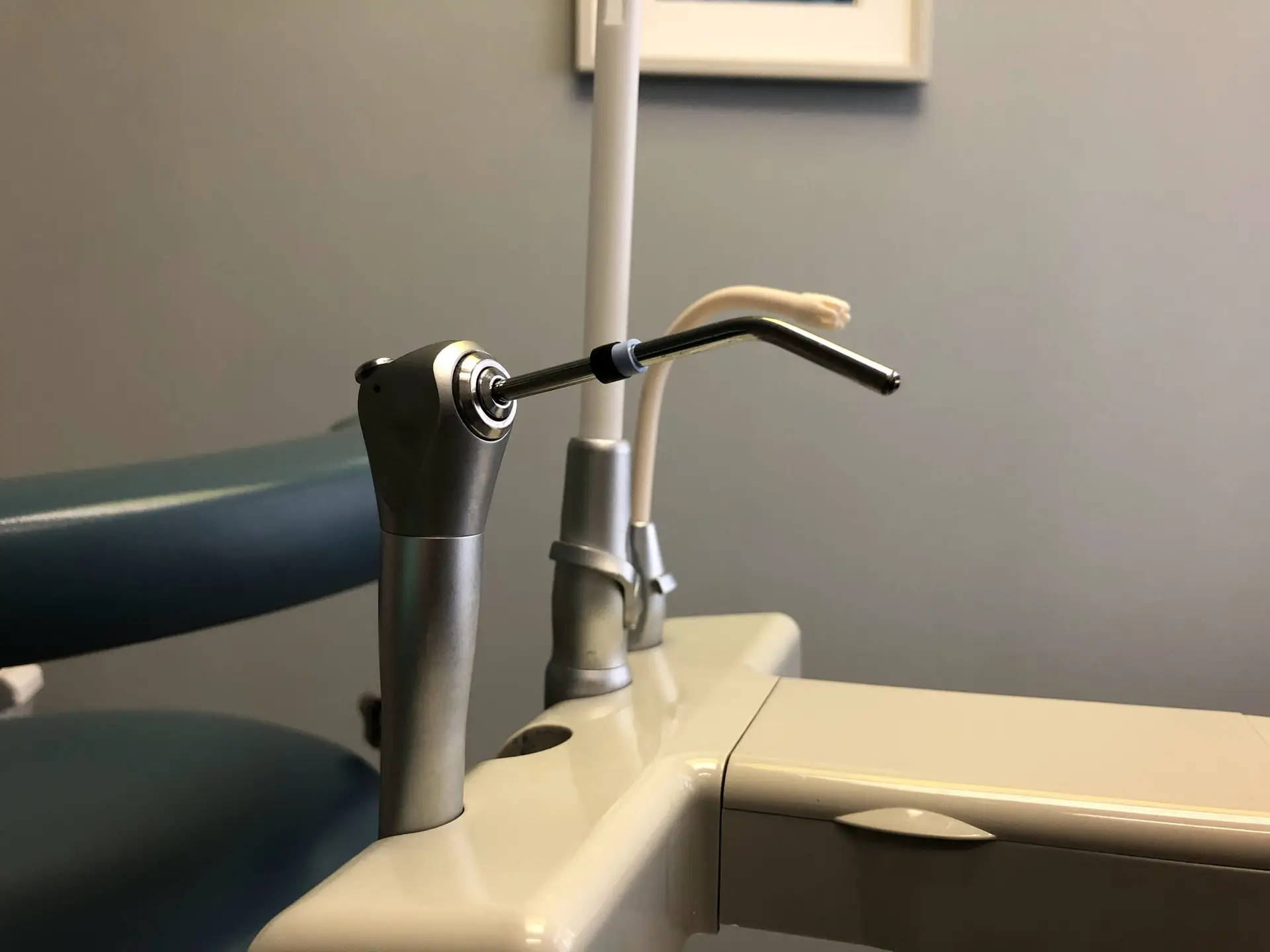

A root canal procedure is one which relieves the pain caused by an abscessed tooth or one that has become infected. During the procedure, the inflamed or infected pulp of the tooth is removed. After that, the surfaces inside the tooth get disinfected and a filling is installed, so as to completely seal up that space. If a root canal procedure were not performed, it would probably be necessary to extract the tooth, because it would be lost to infection.

Anytime you feel some kind of intense pain in your tooth while chewing, or if you feel sensitivity to hot and cold, you may have an infected tooth. Once this happens, there are generally only two options, those being a root canal procedure and tooth extraction. The benefit of performing a root canal procedure is that it can save the natural tooth so you won't lose it. When an infection occurs on any given tooth, it destroys nerves and tissues. If this isn't treated promptly, the damage will become so extensive that the tooth will be lost. The root canal procedure will not only alleviate all the pain associated with the infection, but it will completely disinfect the tooth as well. It also prevents the possibility of any tooth in the nearby area becoming infected.

The first thing that happens is that a local anesthetic will be administered to numb the infected tooth and the gums. Then a small rubber dam has to be placed over the area to isolate it and keep it dry. A small opening has to be made in the crown of the tooth so as to access the pulp. Dental instruments will be used to remove the damaged nerves and tissue. After the infected pulp has been removed, the chamber of the pulp as well as the root canals are disinfected and cleaned. The empty canals are then filled with a rubbery material called gutta-percha. Then a temporary crown is used to seal the tooth and prevent the recurrence of bacteria.
The biggest benefit of a root canal procedure is that it saves the natural tooth. It will also prevent any more toothaches in the area that was infected because the infection will have been completely removed. Since the tooth was saved, you also won't have any gaps in your teeth which would have been caused by a tooth extraction. That means the normal configuration of your teeth will be preserved. One possible drawback of root canal procedures is that the tooth can be more vulnerable afterward. It will also be necessary to make several appointments if the damage to a tooth has been severe. There are some complex cases where multiple appointments are necessary as well, but they are necessary to completely remove all infected tissue.
Generally the cost of a root canal procedure will depend on how complex the situation is and which tooth is affected. For a front tooth, you will likely have to pay somewhere between $600 and $1,000, for a premolar it will cost between $700 and $1,300, and for a molar, it will cost somewhere between $900 and $1,500. In most cases, your dental insurance will cover at least half the cost, and possibly as much as 80% of it. This will help to defray part of the overall cost, so you are not obliged to pay as much out-of-pocket.
Avoiding a root canal procedure starts with good oral hygiene, which includes brushing and flossing daily. You may want to avoid hard candies and lollipops, since these can cause cracks in your teeth that allow bacteria to invade. The same thing is true of ice, because it can also cause cracks that give bacteria an opening. If you grind your teeth at night, you should wear a night-guard to protect your teeth from cracks or fractures. If you're involved in contact sports, make sure to have your mouth-guard in at all times to prevent damage. It's also a good idea to avoid acidic drinks like citrus juices and soda. These substances can break down your enamel, and they also provide all kinds of sugar for bacteria to grow on. Make sure to keep all your regular dental appointments, because any cracks or tooth damage can be discovered at these sessions.
The biggest consideration when deciding between a root canal procedure and tooth extract is the fact that a root canal can save the tooth. When the pulp layer of any tooth becomes diseased, the only way to save the tooth is through a root canal procedure. Any decayed or damaged tissue will be removed and the canals will be disinfected. Once the cleansed area has been filled up and sealed, no further bacteria can enter the space and the tooth will be healthy once again. It can then be used as a normal tooth for chewing and biting, with no loss of performance. By having the tooth extracted, you will create a gap in your teeth. Is that gap is not replaced by some kind of bridge or dental implant, it could cause teeth in the area to begin shifting toward the gap. It may also cause a loss of performance in chewing, biting, and speaking. It is a far better option to undergo the root canal procedure and save the tooth, rather than completely losing it and having to undergo some kind of replacement procedure.

When considering a root canal procedure, you should be aware of the associated risks. It's possible for an abscess to form, or there could be an improper sealing which allows bacteria to creep into the infected area again. There could be underfilling or overfilling during the procedure, and either one would leave the tooth vulnerable to a recurrence of infection. It's also possible that a patient might experience some pain in the aftermath of the procedure or some restlessness, although both of these should subside relatively quickly. Keep in mind that if you decide against a root canal, the only real alternative is to have the tooth extracted.